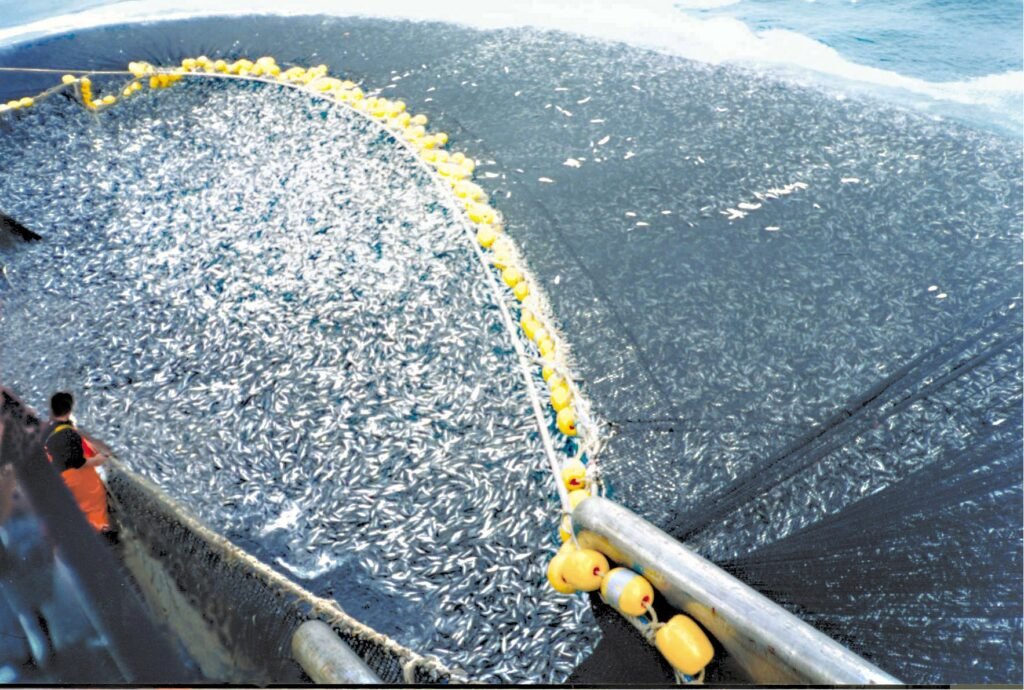Imagine a fishing boat leaving the shores of one nation, its nets cast wide, unaware that the ripples of its catch will reach distant seas. It seems almost unbelievable, but overfishing in a single country can trigger ecological disasters thousands of miles away. It’s a domino effect, hidden beneath the waves, shaping the fate of animals, plants, and people across continents. The ocean, after all, is not a patchwork of isolated ponds. It’s one vast, interconnected system—what happens in one corner can resound across the globe, often with shocking speed and severity.
The Ocean’s Invisible Web
Beneath the surface, the ocean weaves a tapestry of life that ties together continents. Fish don’t respect borders; they migrate for food, breeding, and survival, crossing the imaginary lines humans draw on maps. When one country overharvests a species, it can decimate populations that others also rely on. Tuna, for example, journey thousands of kilometers, and if their numbers plummet in one country’s waters, neighboring nations feel the blow. This invisible web means every haul of fish can tip the balance somewhere else, sometimes in ways we never expected.
Food Chains Strained to the Breaking Point
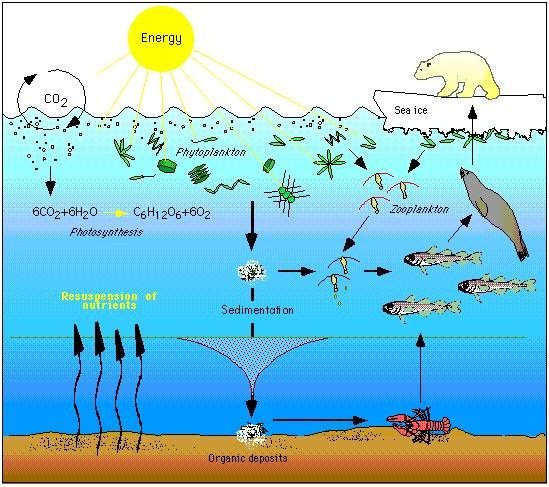
Fish are more than just food for humans—they are critical links in intricate food chains. When a species is overfished, its predators may starve, and its prey can explode in number, creating chaos. Remove too many anchovies from Peruvian waters, and seabirds across the Pacific start to vanish. The collapse of just one link sends tremors through entire ecosystems, disrupting the delicate balance built over millennia. These changes are never contained by country borders—they spill out, reshaping life far beyond where the nets were first cast.
Economic Shocks Ripple Worldwide
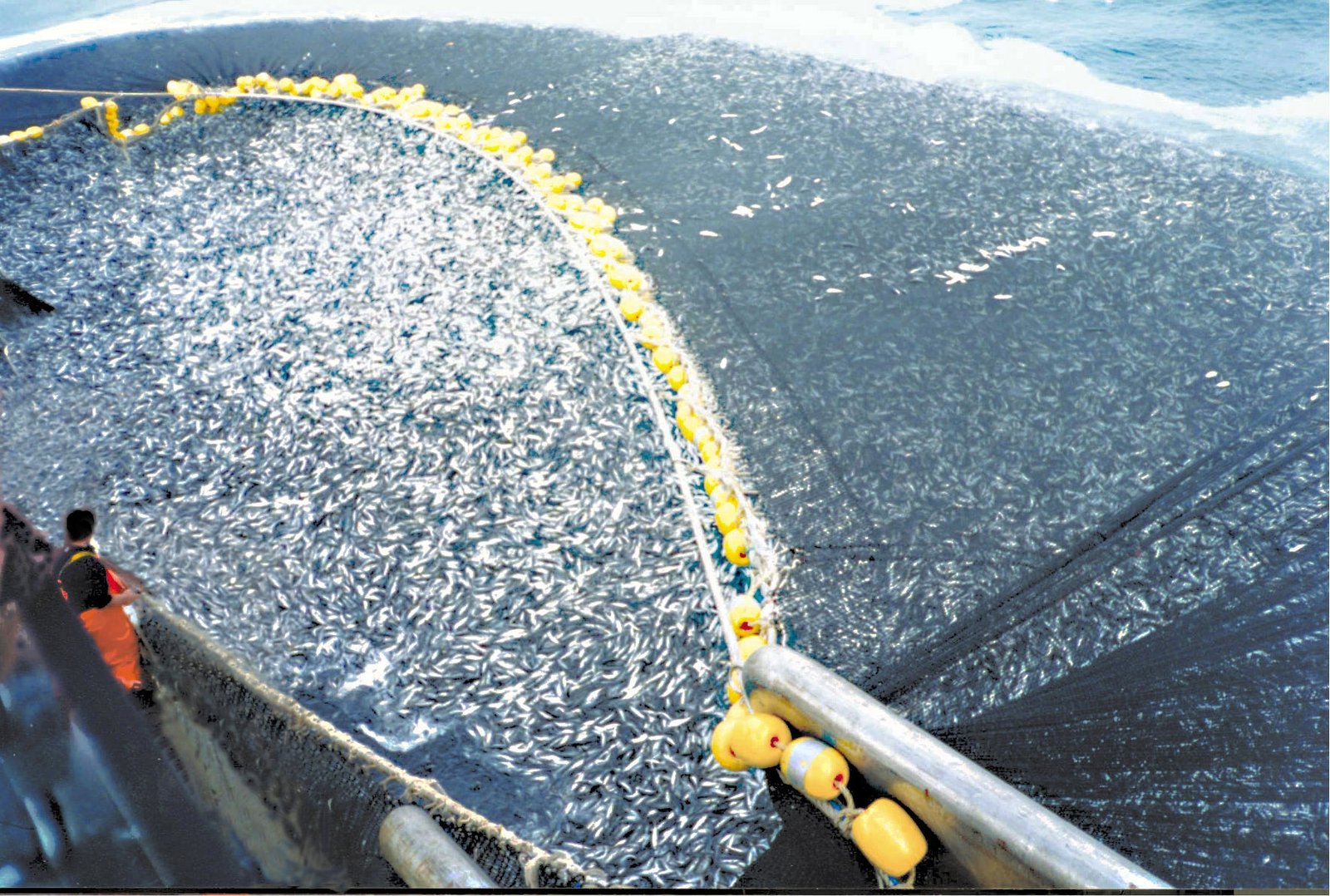
The effects of overfishing aren’t just ecological; they’re deeply economic. Fishermen in West Africa have seen their livelihoods vanish as foreign fleets scoop up fish meant for local tables. Communities half a world away find their markets flooded with cheap, imported fish, undermining local economies. The loss of fish in one region can raise prices and create shortages in another, sometimes sparking conflict or forcing families into poverty. The global seafood market is a tightly wound system—pull one thread, and the whole fabric quivers.
Species on the Move: Unexpected Invaders
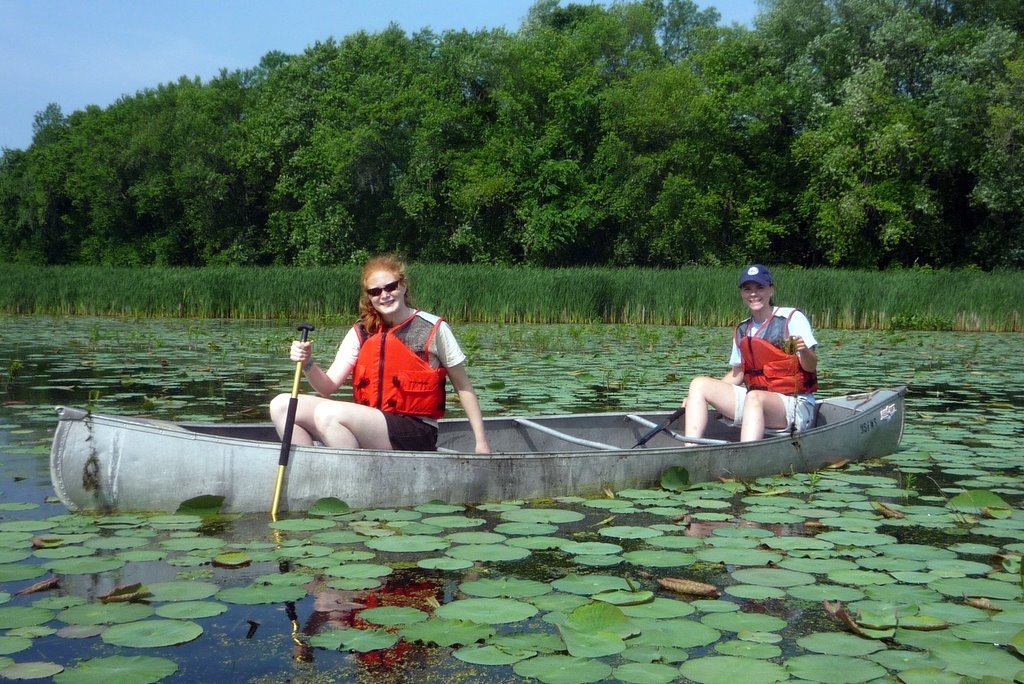
When overfishing devastates one area, species often migrate in search of safer waters. This might sound harmless, but it can unleash chaos in new environments. For instance, jellyfish blooms in the Mediterranean have surged as fish that eat them are wiped out elsewhere. These newcomers disrupt local fisheries, clog power plants, and even change tourism patterns. Every shift in fish populations sends waves of change, sometimes introducing entirely new challenges to ecosystems that never saw them coming.
Bycatch and Biodiversity Loss Across Borders
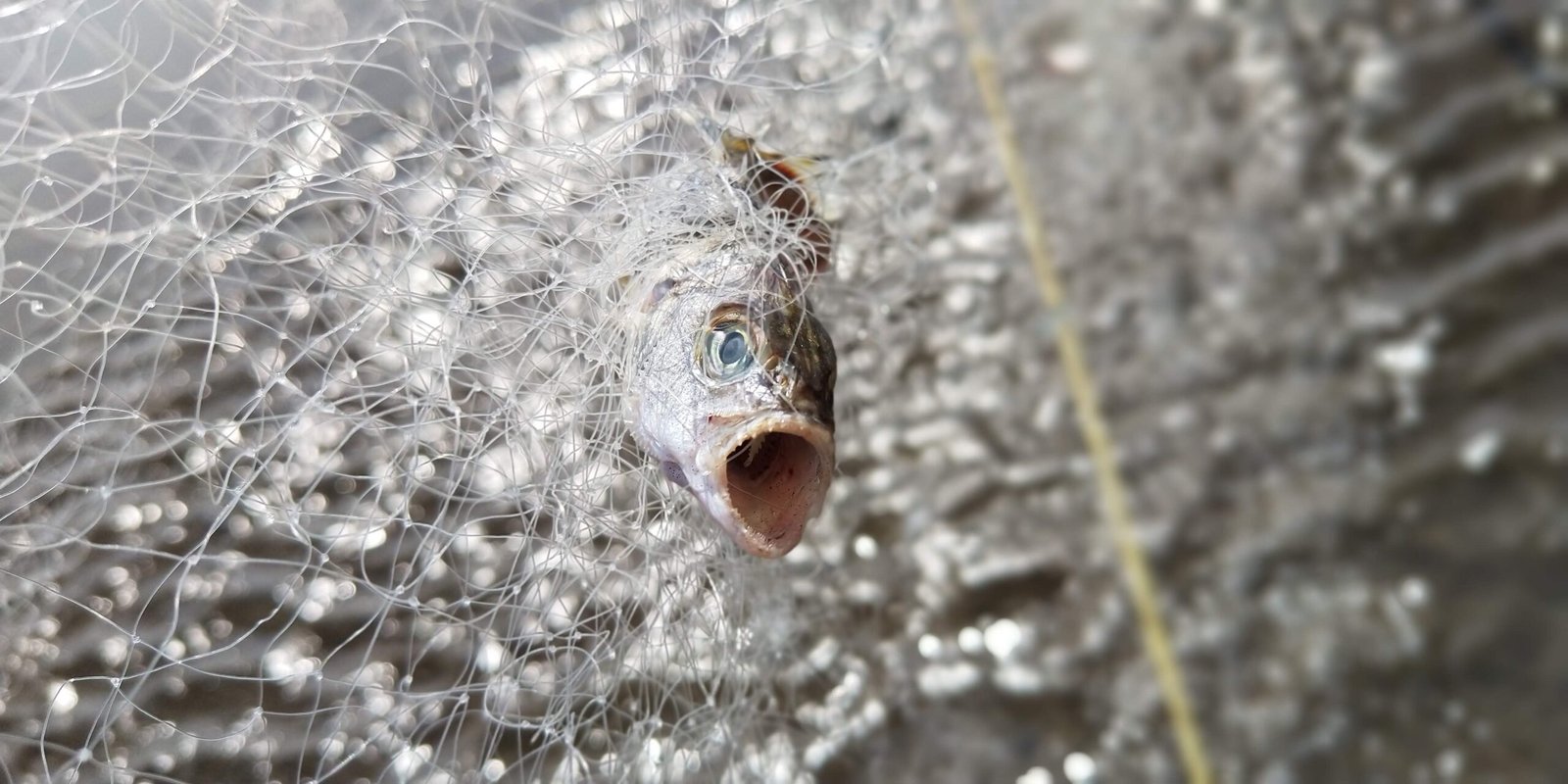
Large-scale fishing often isn’t selective—nets drag up everything in their path. Dolphins, turtles, and seabirds become accidental victims, known as bycatch. When bycatch reduces populations of these creatures, entire regions can lose vital species, changing the face of local ecosystems. The extinction of a single animal in one country might mean the collapse of a food web in another, especially when the species is migratory or plays a critical role in its environment.
The Tragedy of the Commons: Shared Seas, Shared Losses
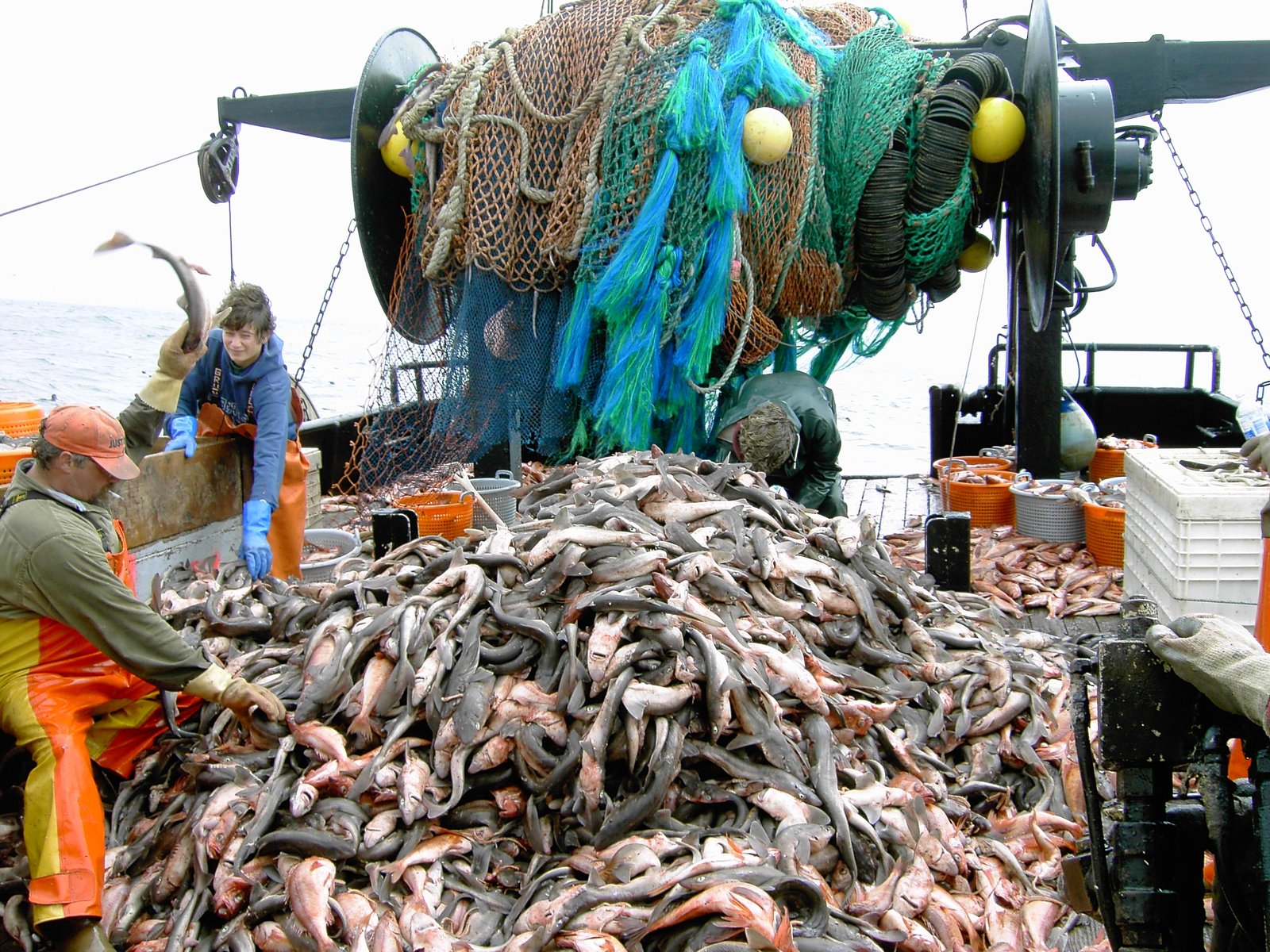
The ocean is the world’s ultimate “commons”—a shared resource that everyone uses but few feel responsible for. When one nation overfishes, it’s often because they fear others will take what’s left if they don’t act fast. This race to fish leads to depleted stocks and shattered ecosystems, hurting everyone in the end. The tragedy of the commons plays out on a global stage, with the actions of one country echoing in distant harbors and quiet coastal villages.
Real-World Examples: The North Atlantic Cod Collapse
The collapse of cod stocks off the coast of Canada in the 1990s is a haunting lesson. Overfishing by several countries, including distant fleets, caused the cod population to crash. This didn’t just affect Canada—European fishermen who relied on migrating cod were also devastated. Local economies crumbled, and the ecosystem shifted, with unexpected species taking over the empty niche. The shadow of this disaster still looms, warning other countries of the dangers of unchecked overfishing.
Climate Change Compounds the Crisis
Overfishing doesn’t happen in a vacuum. Climate change is warming oceans, changing currents, and making fish populations even more vulnerable. As species move to cooler waters, countries that never had certain fish before suddenly find them in their nets—while others lose their traditional catches. These shifts can spark new rounds of overfishing as nations rush to exploit unfamiliar resources, setting off fresh chains of ecosystem collapse on a global scale.
International Disputes and the Race for Fish
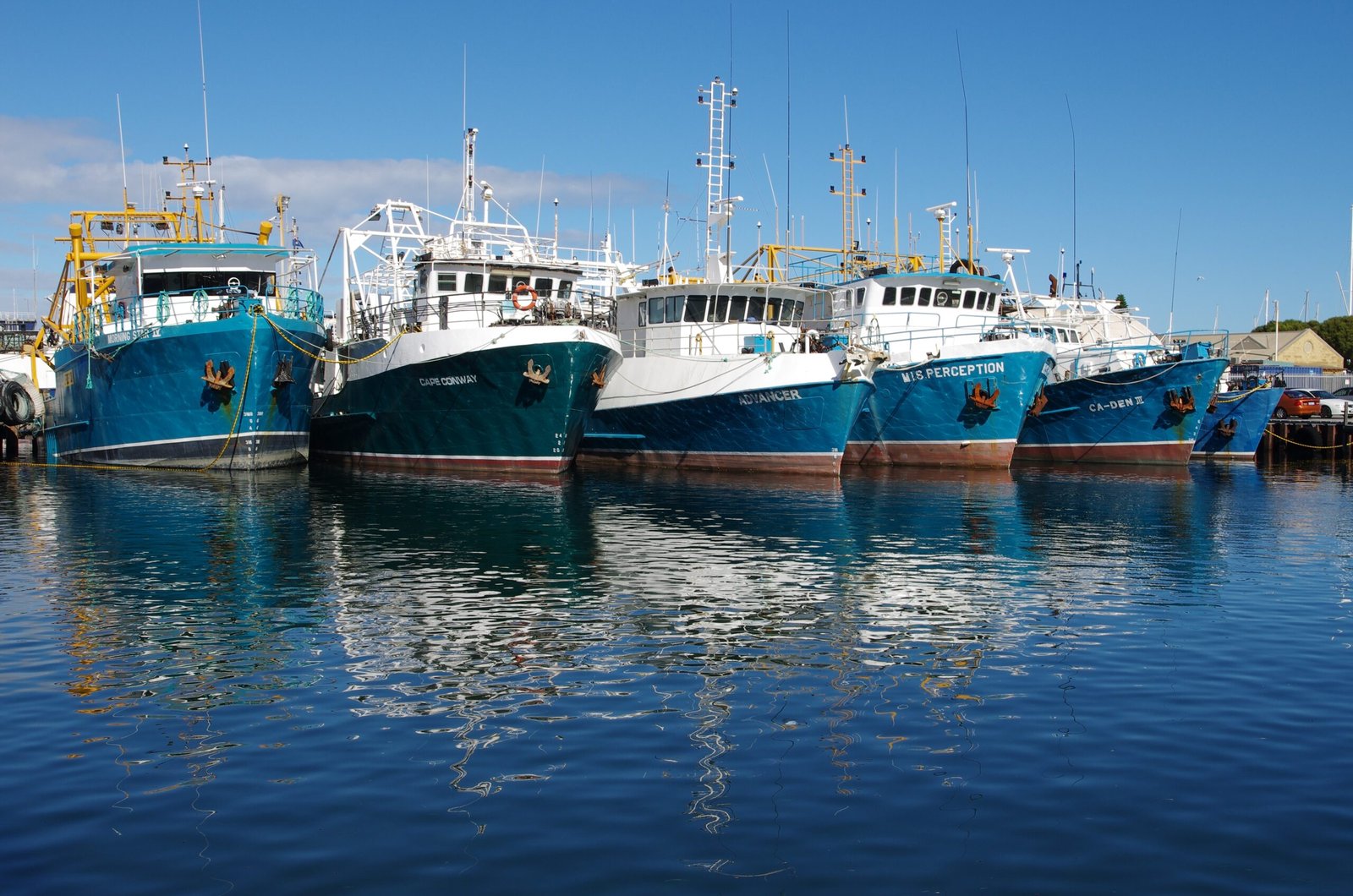
As fish stocks dwindle, nations grow increasingly territorial, sometimes sparking fierce disputes over access. The South China Sea is a hotbed of conflict, with neighboring countries racing to claim fishing rights. These disputes often lead to overexploitation, with everyone trying to grab their share before it’s gone. The consequences can be dire, not just for fish but for peace and stability in entire regions.
Sustainable Solutions: Global Cooperation Is Key
The only way to prevent collapse is through international cooperation. Agreements like marine protected areas, quota systems, and joint monitoring can help restore fish stocks. But these solutions require trust, transparency, and a willingness to put collective good above short-term gains. The hope lies in recognizing that the ocean is one living system, and saving it means acting together—before the ripple effects become tsunamis of loss.
The Power of Consumer Choice
Every seafood purchase sends a message. When consumers choose sustainably caught fish, they support better practices and encourage governments to enforce regulations. Even small actions—buying local, checking labels, asking questions—can send a powerful signal up the supply chain. It’s a reminder that individual choices, multiplied across millions, can help heal the world’s oceans and protect distant ecosystems from collapse.
When one country’s nets go too deep, the world feels the tremor. The ocean’s story is everyone’s story. What will your part be in shaping its next chapter?

